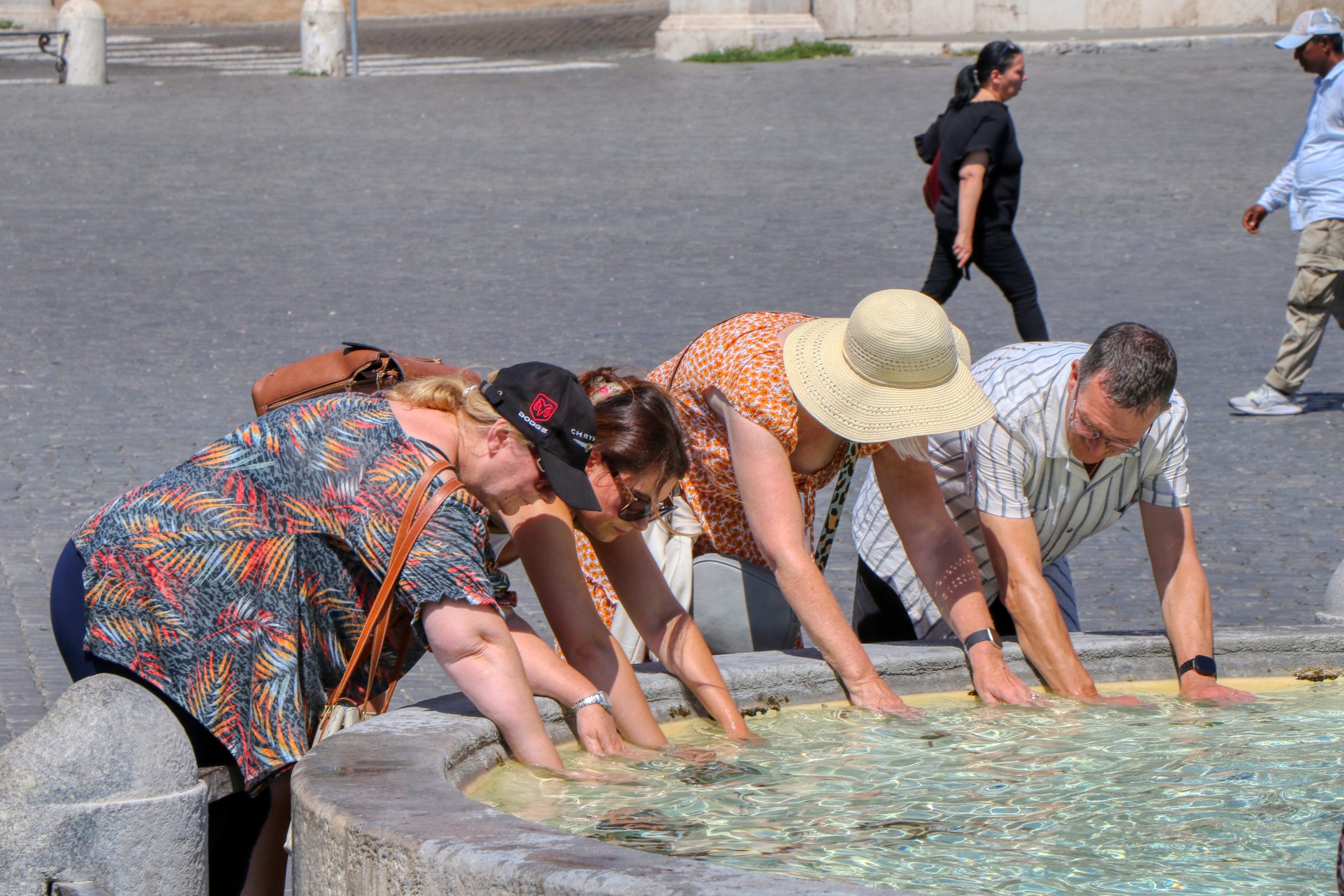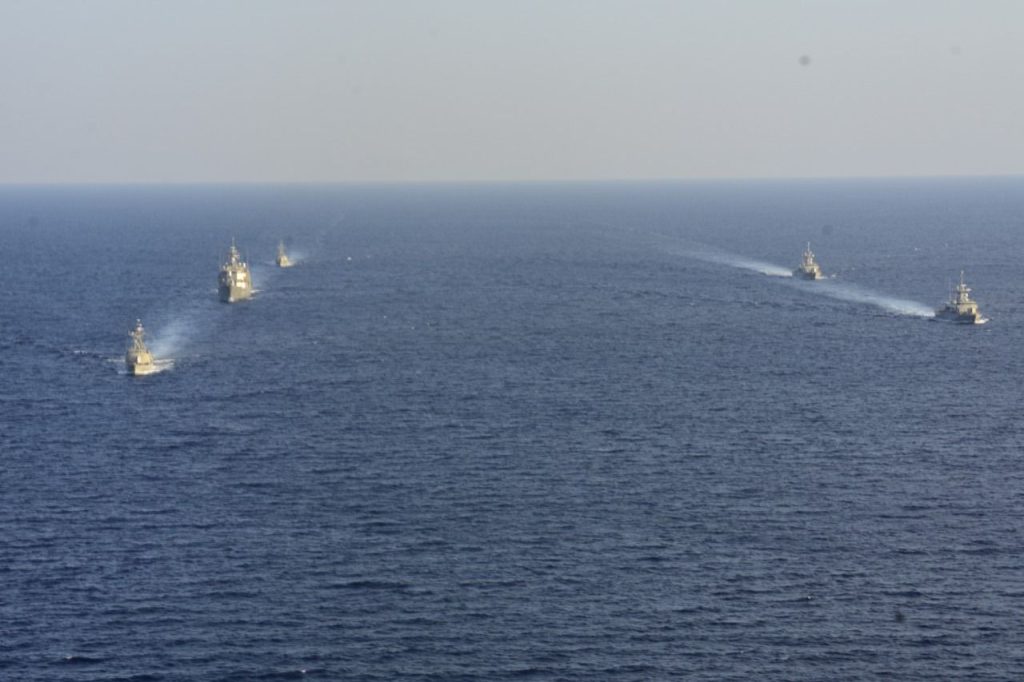Travelers visiting Greece in the summer should be prepared for extreme heat. As much as many wish to see the ancient sites, sit on the beach or go hiking, intense heatwaves with soaring temperatures can be dangerous. Some heatwave advice would therefore come in handy for visitors not used to the hot sun in the Mediterranean.
Just this week, BBC presenter Michael Mosley reportedly died from heat exhaustion while a 59-year-old American tourist on Amorgos is still missing after he went hiking and as is a 74-year-old Dutch tourist on Samos.
In the meantime, Greek authorities have closed schools, ancient sites including the Acropolis, and have stopped delivery services due to the extremely high temperatures expected to continue into Thursday.
That said, do not underestimate the heat and sun.
Heatwave Advice Greece – Staying Safe During Scorching Temps in Greece
Here’s what you need to know to stay safe and make the most of your holidays to Greece during a heatwave.
Have in mind that heat stroke can lead to death if left untreated.
Rule #1 – avoid physical activity, such as walking, hiking, exploring during heatwaves especially when outdoor temperatures exceed normal body temperature (around 37°C),
Rule #2 – in addition to the high temperatures, always take into consideration exposure to the sun and humidity levels which often make it difficult to breathe
Rule # 3 – be aware of symptoms which include weakness, headaches, nausea, disorientation
Rule # 4 – if you’re already outdoors, seek a cool place or somewhere with shade

Rule #5 – dress lightly and avoid dark colors
Rule #6 – drink fluids and cool the skin with wet cloth, water or ice packs, avoid alcohol and always carry water with you
Rule #7 – if you feel unwell for more than 30 minutes, seek medical help
Rule #8 – avoid activity during the hottest part of the day which is from 11am to 5pm
Rule # 9 – eat light meals and fruits
Rule #10 – wear sunscreen.
Additionally, according to the Hellenic Society of Cardiology:
- consume plenty of fluids (up to 1.5 – 2 liters)
- avoid large meals
- limit alcoholic beverages and drinks that contain a lot of caffeine
- consume plenty of fruits and vegetables
- take lukewarm showers throughout the day
- adjust the dosage of medications
- travel by airplane or other means is prohibited for patients with recent acute myocardial infarction or unstable angina, recent bypass surgery, or destabilized heart failure.
The Greek Meteorological Service is forecasting extremely high temperatures for Thursday issuing an orange warning between noon and 5pm. Temperatures are expected to reach 43 Degrees Celsius (109 degrees Fahrenheit).



